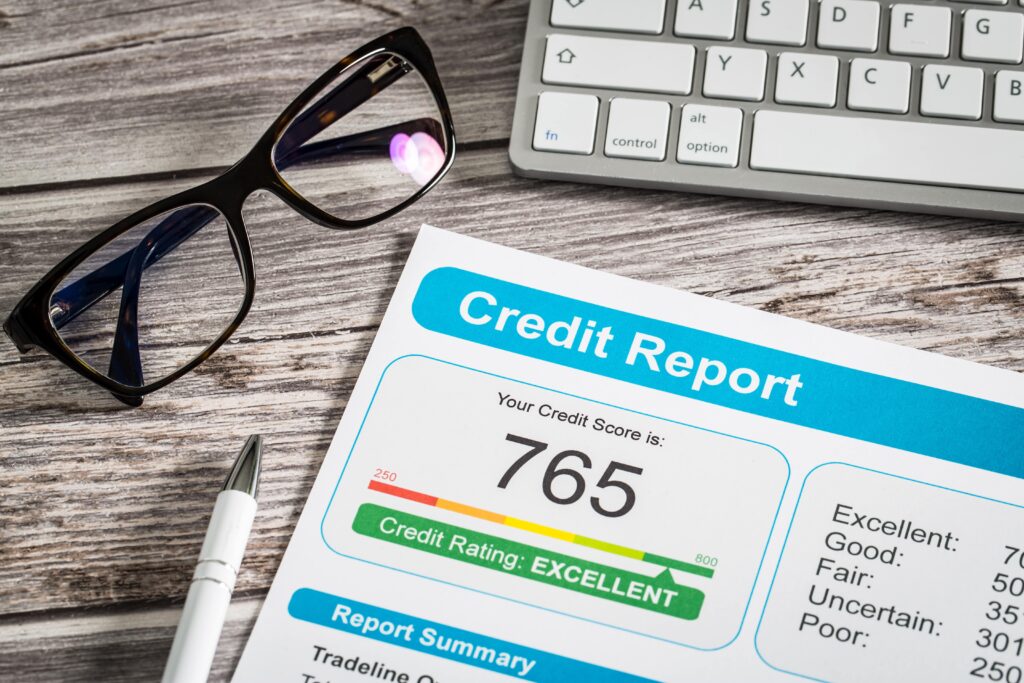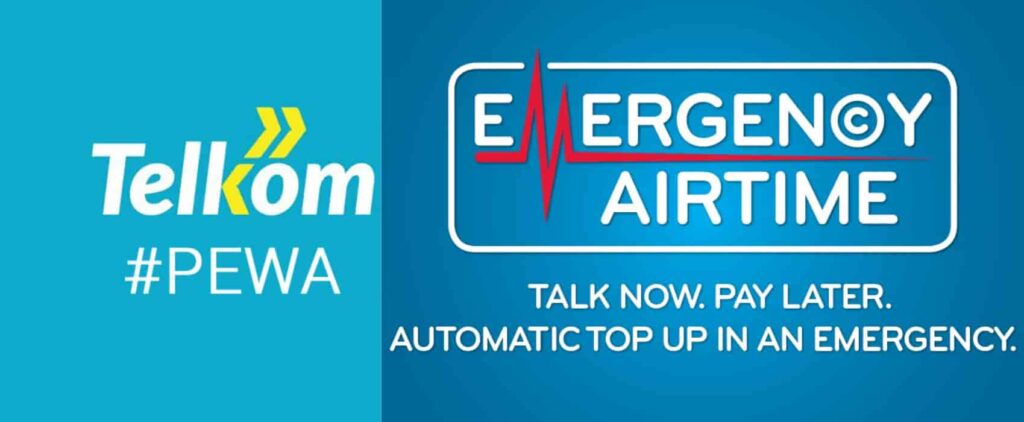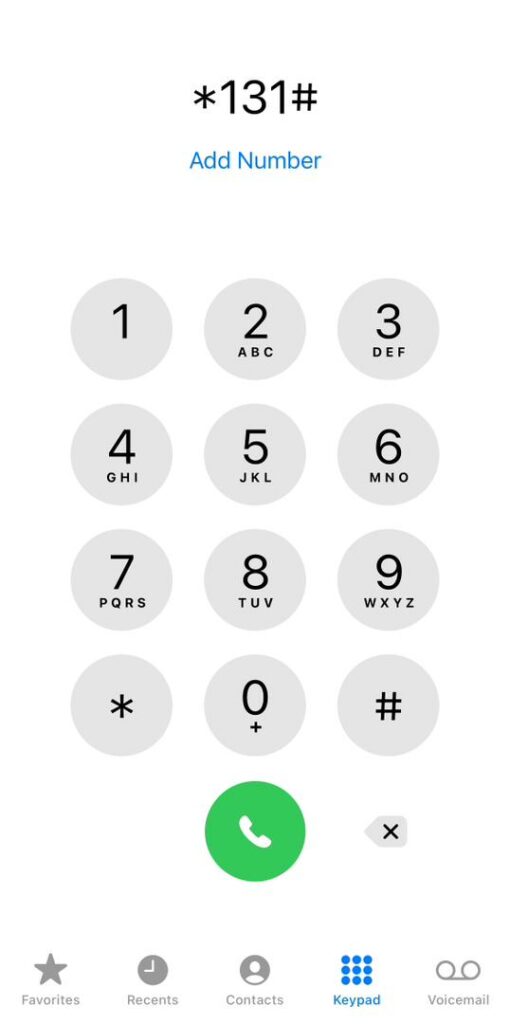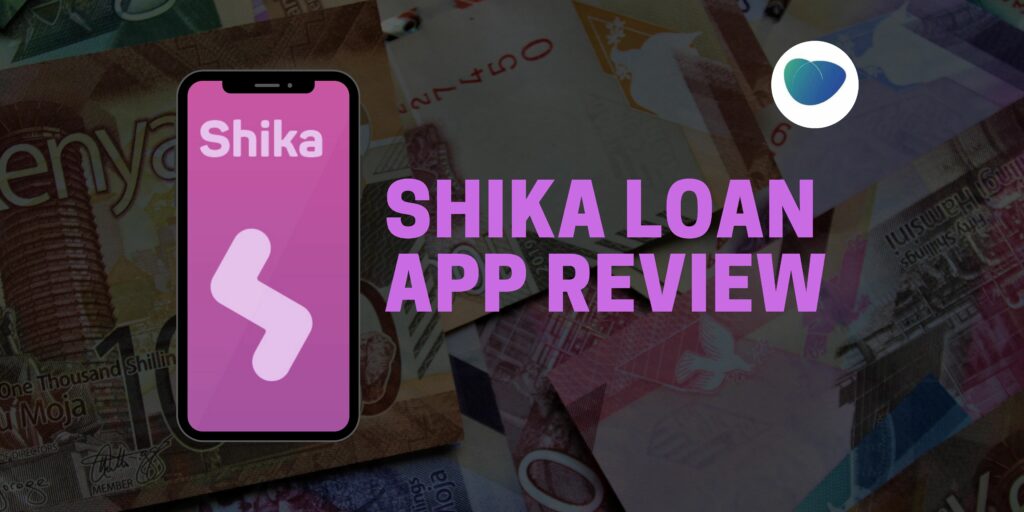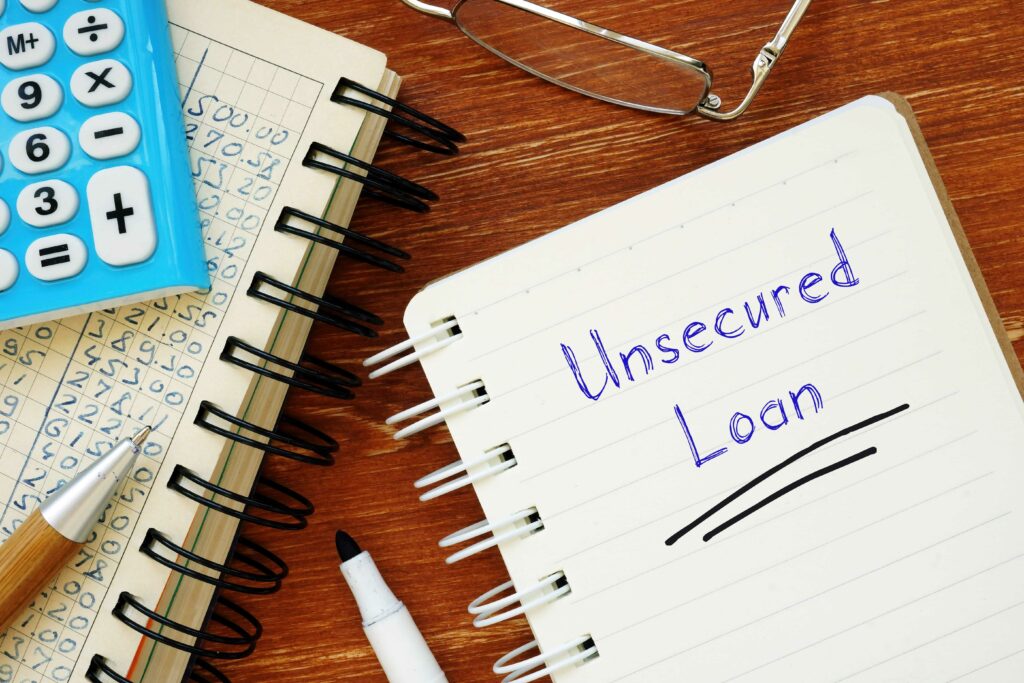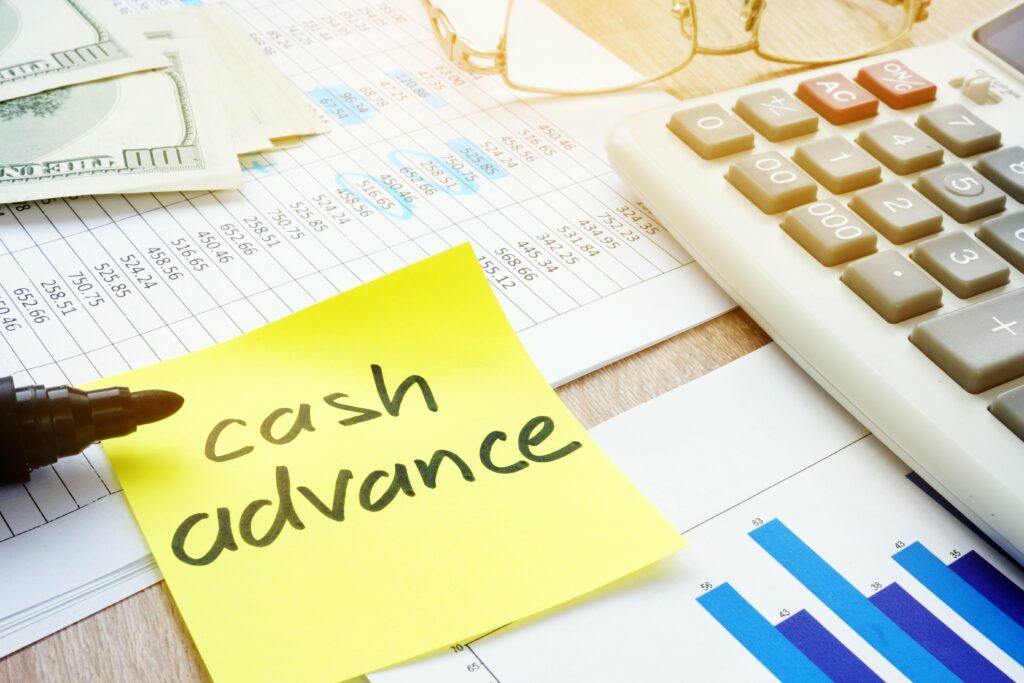Capital shortfalls, whether in operating, capital, maintaining the business, or expanding the business, are common causes of business failure. Despite this shortfall in finance, sourcing funds from small loan apps is simple and convenient.
They facilitate access to financial services, to a large segment of small businesses loans, individuals, and enterprises. People who would otherwise have little or no access to small loan facilities run to these apps. In this article, we explore the various small loan apps in Kenya and how they function.
What are Small Loan Apps?
Small loan applications are platforms built by lending companies to render small financial products to the people. It is available for individuals with an excellent credit history.
Some apps go as far as reading all your phone’s data. You download the app on Google play store, install and register. Small loan apps are the best platforms to get finance for all your unexpected needs.
6 Eligibility Requirements for Small Loan Apps
- Be 18years and above
- Have a valid national ID
- possess a registered phone number
- Have a smartphone to download the app
- Have a good credit history
- Accumulate enough data on your phone to prove your authenticity as a non-dubious customer
How to Apply for Small Loan Apps
Below are the steps to apply for the loan:
- Identify the small loan app you wish to apply from
- Download the app on Google play store and install
- Register in the app by supplying necessary information
- Apply for the loan
Small Loan Apps Interest Rates
The interest rates for small loan apps vary as per the platform and the small amount. It can be as low as 1% to 15%. There could be many factors that would affect the interest rate for small loan apps.
Small loan apps in Kenya
The following below are some lists of small loan apps in Kenya. They include:
Berry
Described as a unique mobile money lending app, Berry offers low-cost instant mobile loans in Kenya with flexible repayment schedules.
First, you have to download the app from Google Play Store and then register on Berry. Once the system officials have verified your identity, you can then access their loans.
Mshwari by Safaricom
Mshwari is one of the most widely used mobile loan services in Kenya. It is not just a lending platform, but a paperless banking service that allows users to save besides borrowing.
Saving money through Mshwari earns you a 6.65% interest per annum. You access loans of a minimum of Ksh. 100 and the limit rises based on your credit history. You can only access Mshwari loans if you have Safaricom line.
Branch
Branch is one of the most established mobile money lenders in and outside of the country. Through Branch, one can access up to Ksh. 70,000 from their smartphones. All you have to do is download the Branch app on Google Play Store and follow easy steps to register.
Loans are approved in less than 24 hours, and there are no hidden fees. The lender does not charge late fees or rollover fees, which is why the app is preferred by many people.
iPesa
iPesa loan app offers credits from as low as Ksh. 500 to Ksh. 50,000. The shortest tenor for credits is 91 days while the longest is 180 days, so you will have enough time to repay your credit. Their interest rate stands at 12% with no service fee.
Once you download the app, register with your M-Pesa number and then apply for the exact amount you need. If you repay your credits on time, they will set your credit limit at Ksh. 50,000.
Utunzi
Utunzi credit app is just one of the many such products in the market. It provides you with variety in case you do not want any of the other apps. The mobile money credit platform works through M-Pesa just like many other similar lenders.
The app lends both personal and business credits from Ksh. 300 to Ksh. 1,000,000. The shortest credit tenor is 91 days, while the longest is 36 months. There is a 12% fee and interest of 12% in addition to a Ksh. 400 annual account management fee.
International loans in Kenya
Kopakash
Kopakash credit app applies a service based on the product you choose, and it is in return used to assess your credit score. The credit amount can range from as low as Ksh. 1,000 to Ksh. 50,000 and the repayment tenor has a minimum of 91 days and a maximum of 120 days. The loan amount can be disbursed directly into your M-Pesa or even bank account.
Other loan apps include Zash and Fadhili. Also, with Fadhili loan, borrowers can qualify for a maximum of Ksh. 100,000.
Documents needed for loans on small loan app
- ID card proof
- Passport
Things to consider before you apply for loans on a small loan apps
Before applying for loans, you need to take into consideration a lot of factors and they are:
- Available for all citizens of Kenyans above 18 years
- Opening a bank account or M-Pesa account is required
- knowing that repayment is mostly at the end of the month
- The loan amounts are small and not too large
- Checking the loan limit and other fees, which are displayed on the app
- All necessary checks and steps are mandatory.
Why choose small loans apps
Small loan applications are built programmes that aid in processing and dispensing of funds into various individual’s accounts. The importance ranges from;
- Easy to apply
- Takes less time
- No long documentation processes
- Customer support
- Affordable loan offer
- Easy in repayment (manage debts)
- For personal urgent purposes
- Quick disbursal
- Transparent processes
Conclusion
Small business apps are aided by Fintech lending companies operating in Kenya. These companies are passionate about using technology to deepen financial inclusion. They offer small and instant personal and business loans from Ksh.100 to Ksh. 50,000 to individuals and entrepreneurs. It goes with a maximum interest rate, savings on some of the apps and fixed deposits.

